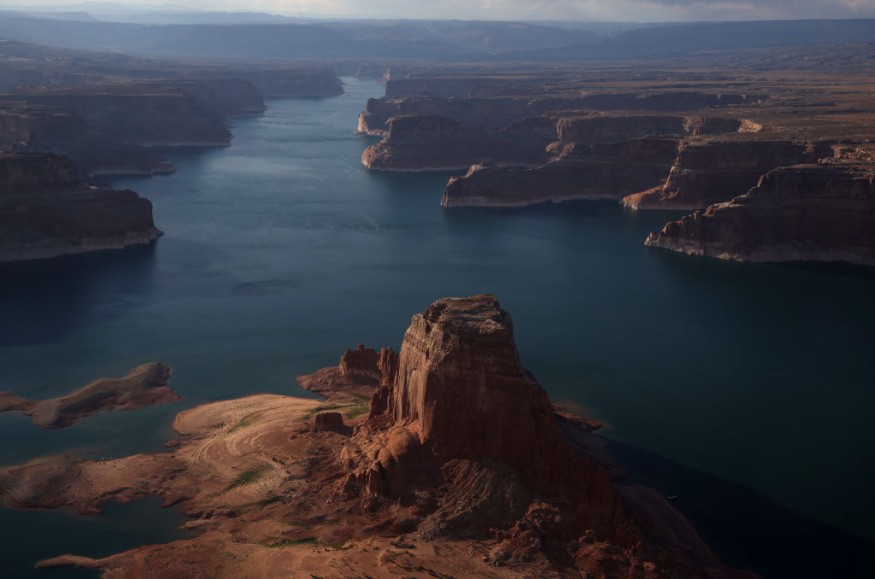
The popular gaming fish won the heart of the anglers, but biologists are terrified of them.
Just like other fishes such as the largemouth bass, brown trout, or the rainbows, the smallmouth's distribution in the country is somehow a product of transplanting. Native to the Great Lakes and Ohio River drainage, the "bronzebacks" made their way throughout the Mississippi River Basin naturally. They also propagated their range in other parts of the country on their own, or someone may have put them there.
While this is common in many fish species, problems may arise when they are transferred to waters they're not supposed to be. Smallmouth represents this concern, and is even regarded as one of the most disruptive and dangerous fish in the country, Outdoor Life wrote.
Invasion of the Grand Canyon
For years, smallmouth bass which were stocked decades ago in Lake Powell lived there in harmony, and even boosted the recreational angling on the lake. However, extreme droughts and overuse of the Colorado as a commercial water source has "dried up" the river and pushed a "challenged aquatic environment further out of whack."
As water levels of the lake which is held back by the Glen Canyon Dam get lower and lower, biologists fear that the smallmouths will "slip through the turbines" and will be introduced to the Grand Canyon. In fact, biologists have already seen a handful of invasive species, as they have been routinely captured through a netting at the lower end of Powell, but AZCentral suggests it may already be too late.
The potential stronghold of smallmouths in the Colorado River below Glen Canyon could mean destruction of the Grand Canyon ecosystem - biologists are working very hard to protect - as the fishes outcompete Grand Canyon's threatened humpback chub population.
"More Isn't Always Better"
In the past decades, state fisheries managers would introduce alien species to support recreational angling on the lake and has in fact been highly successful with this goal. However, threat grows each day as water spills below the dam's surface and the water decline linked to the region's aridification and overuse continues.
Aside from native chubs - species only recently upgraded from endangered to threatened - smallmouths also once threatened one of the most famous trout fisheries in the world when caught in Montana's Gardner River near Yellowstone border, Spokesman reported.
Smallmouth bass are not native anywhere in Montana, so the discovery of the aquatic invader so close to the park was "pretty concerning," said Todd Koel, fisheries program lead biologist for Yellowstone National Park. "They're a pretty awesome fish, they're just in the wrong spot."
Moreover, in other states such as Maine, the "errant bass" has led biologists to eradicate them from systems that foster wild trout reproduction. Eradication efforts are also taking place in Manitoba, Oregon, ponds in Montana.
Although smallmouths have gained general love and fame and represent something good in the country's national fishing culture, it doesn't mean more is always better. The problems they impose on another ecosystem should not be ignored and be a cause of worry.
© 2025 NatureWorldNews.com All rights reserved. Do not reproduce without permission.





